In 2011, IBM's Watson supercomputer defeated champions Ken Jennings and Brad Rutter on the game show Jeopardy!. More than a decade later, OpenAI introduced the chatbot ChatGPT, unlocking the potential of AI for the world.
While IBM is no longer a pioneer in AI development, the company is looking to apply the technology in its operations. 10 years since Watson wowed the crowd, IBM has developed a number of AI tools to support work more efficiently, more accurately, and optimize labor productivity.
According to IBM HR Director Nickle LaMoreaux, inside IBM, AI frees employees from office administrative tasks, helping them perform more complex tasks.
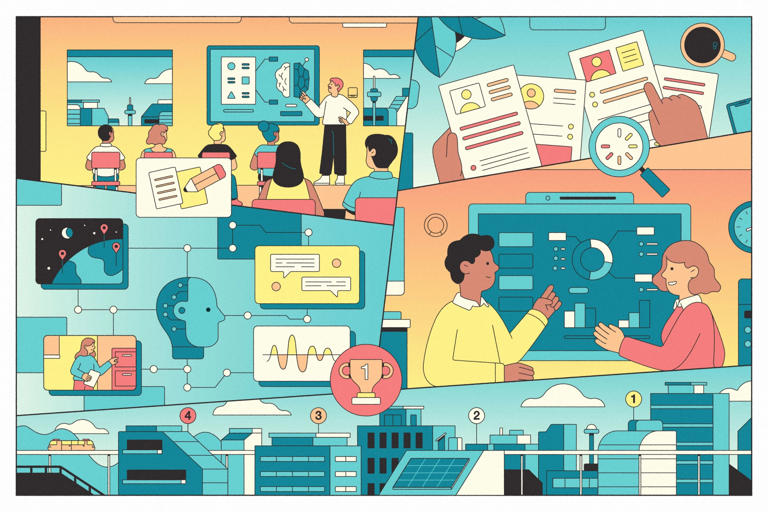
IBM sees the opportunity to leverage AI in human resources and is investing heavily in the technology. The virtual assistant AskWatson is an example: instead of asking superiors or the administrative department about vacation policies or having to research through a “matrix” of information, employees can ask Watson and it will return results based on working hours, location, and number of vacation days used.
Big Blue also uses AI to evaluate performance, automating the decision-making process for which employees are eligible for raises and promotions. The platform takes care of tedious tasks like evaluating past performance, skills, tenure, training, etc., and sends recommendations to superiors for cross-checking. Managers can ask AI why an employee isn’t on the list. The tool will respond that the employee doesn’t meet certification requirements or provide an upcoming certification exam date.
With the time saved, managers can invest in training employees to develop their careers. LaMoreaux shares that more than 280 tasks are being automated thanks to AI. It helps the HR department be more “human” because it spends time on more meaningful things.
In a Fortune commentary, IBM CEO Arvand Krishna argued that AI helps employees “solve tasks that most people find repetitive, freeing them up to take on higher-value work.” The number of administrative staff doing manual work at IBM has dropped from 700 to fewer than 50.
In total, IBM’s HR department has saved 12,000 hours over the past 18 months thanks to automated systems, according to LaMoreaux. Ironically, the very effect of AI is pushing administrative staff out the door. In May, IBM announced a hiring freeze for back-office positions, which include writing job offers and overseeing the transition of employees between departments. But LaMoreaux said the decision was intentional and strategic. By freezing some positions, they can shift to revenue-generating, product-development roles.
The impact of AI on the labor market has long been a focus. The World Economic Forum says AI could affect about 40% of all working hours, with clerical and secretarial jobs rapidly shrinking. Nearly 4,000 recent layoffs have been linked to AI. In January, IBM cut about 3,900 jobs, though it said it was only the result of asset sales.
LaMoreaux admits she has thought about what would happen if IBM laid off employees because of AI. She says companies need to be transparent about their AI strategies and train employees with the tools and skills they need to stay relevant.
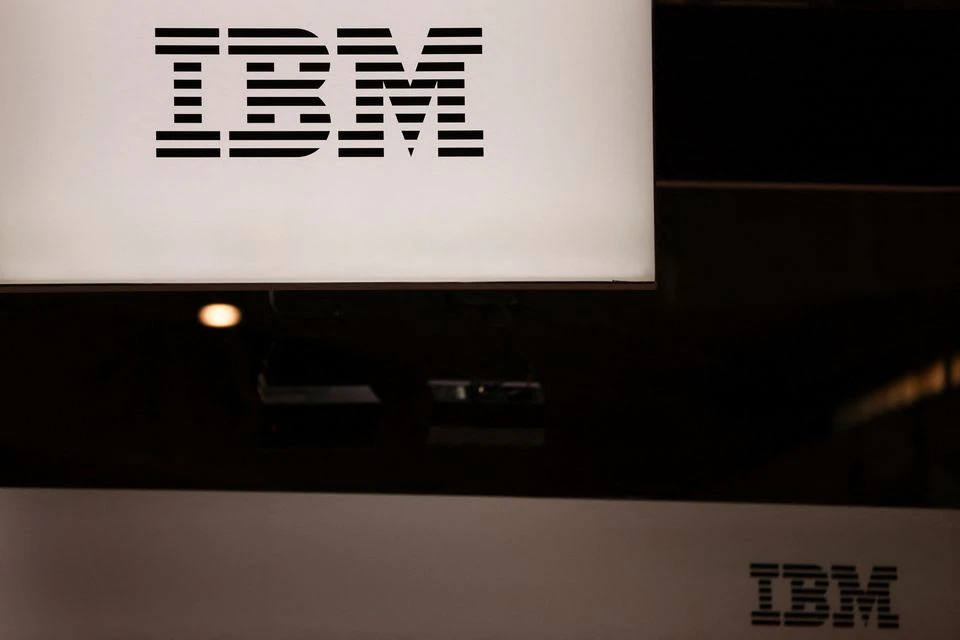 IBM spends $4.6 billion in cash to buy a software company
IBM spends $4.6 billion in cash to buy a software companyIBM will continue to experiment with AI, collect performance data, and upgrade skills to meet future needs. For years, IBM has hired based on skills, with more than 50% of its U.S. jobs requiring no college degree. LaMoreaux sees many individuals learning AI and automation skills through nontraditional channels, such as community courses, online courses, and even the military.
IBM is now looking for new skills in candidates, such as being able to work with AI and large language models, asking prompts, designing AI processes for their domain, and understanding what needs to be automated. If they fall short, they must be able to learn continuously.
In the past, you could just finish school, get a degree, become an expert, and have a stable career for life. However, the time it takes to acquire skills is being shortened dramatically thanks to new technology. Whatever the future holds, continuous learning will be the differentiator for employees, regardless of what industry they are entering, what position they are in, whether they are at the beginning or the end of their career, according to LaMoreaux.
“Every business is a technology company now. We are all impacted by AI,” LaMoreaux said.
(According to Fortune)
Source



![[Photo] National Assembly Chairman Tran Thanh Man chairs the conference of full-time National Assembly deputies](https://vstatic.vietnam.vn/vietnam/resource/IMAGE/2025/3/25/bb5336c21d084a62b9f7e3d09e00df0b)
![[Photo] Nhan Dan Newspaper celebrates the 94th anniversary of the founding of the Ho Chi Minh Communist Youth Union](https://vstatic.vietnam.vn/vietnam/resource/IMAGE/2025/3/25/5571705682934ac5be5014ce171facb4)
![[Photo] General Secretary To Lam chairs the meeting of the Personnel Subcommittee of the 14th Party Congress](https://vstatic.vietnam.vn/vietnam/resource/IMAGE/2025/3/25/d651a3f3496c46ad8217ba75535ecafa)




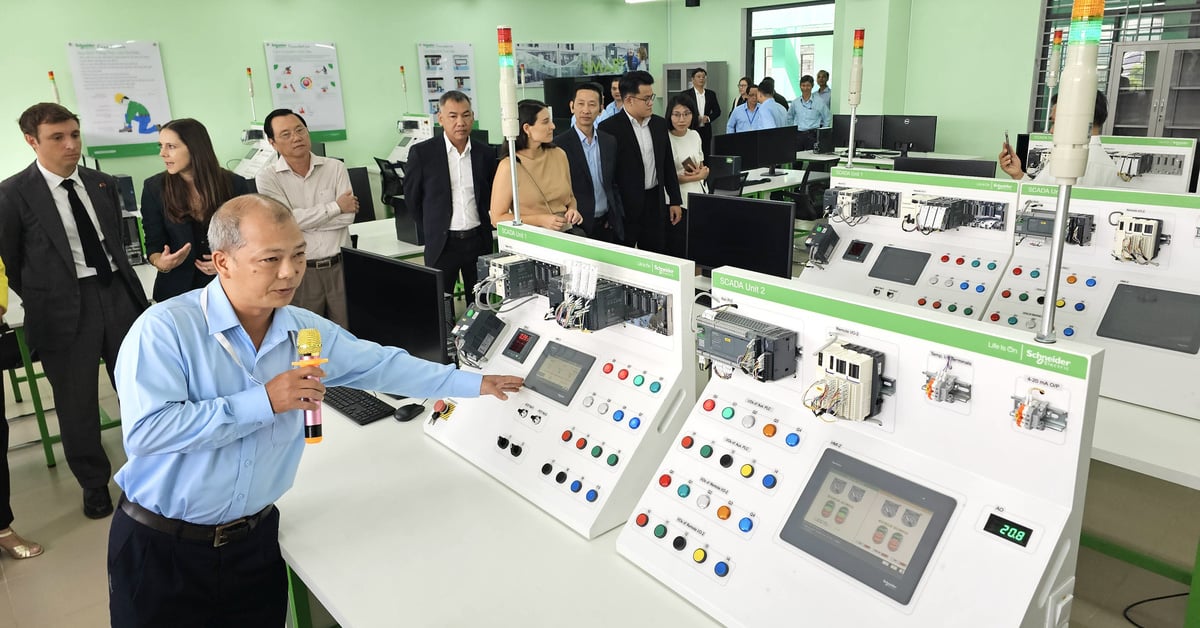


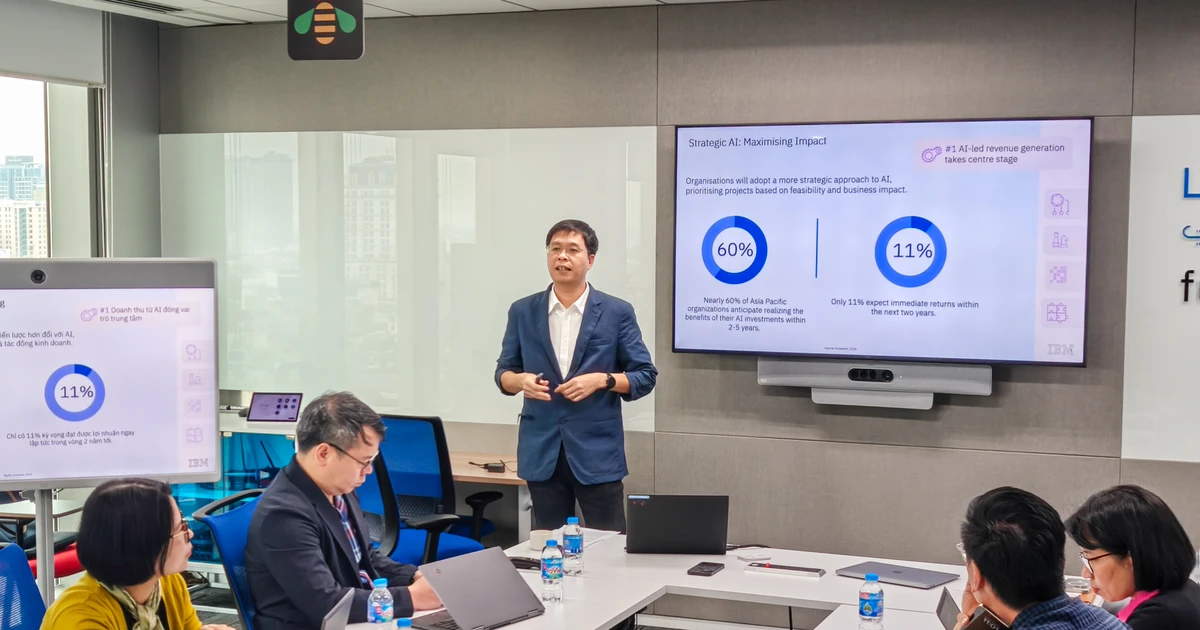

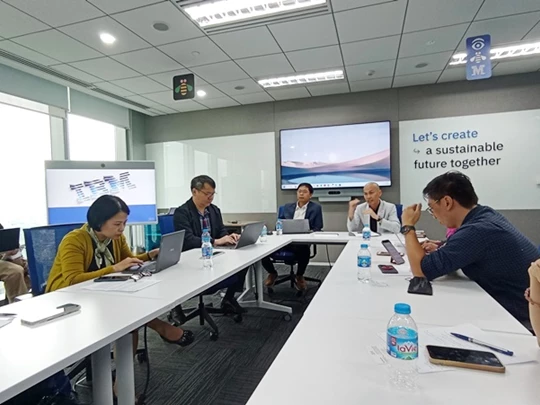

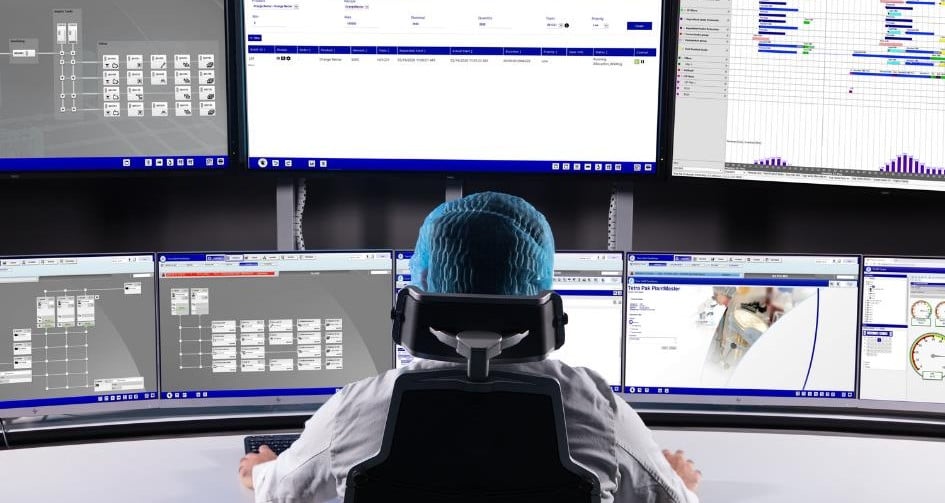
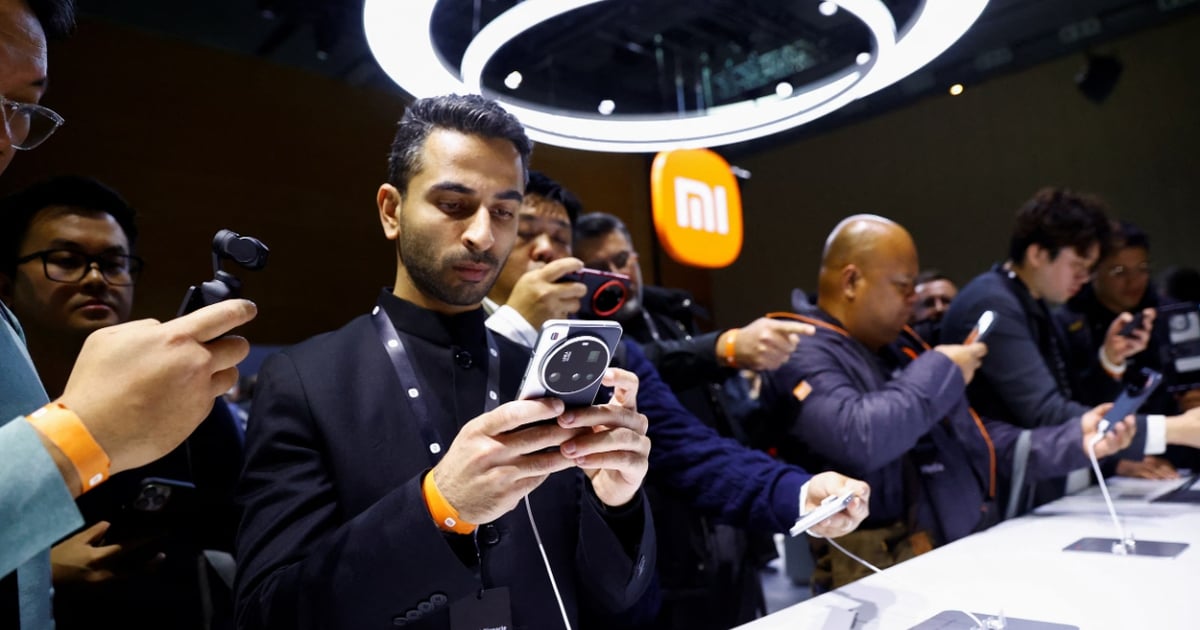
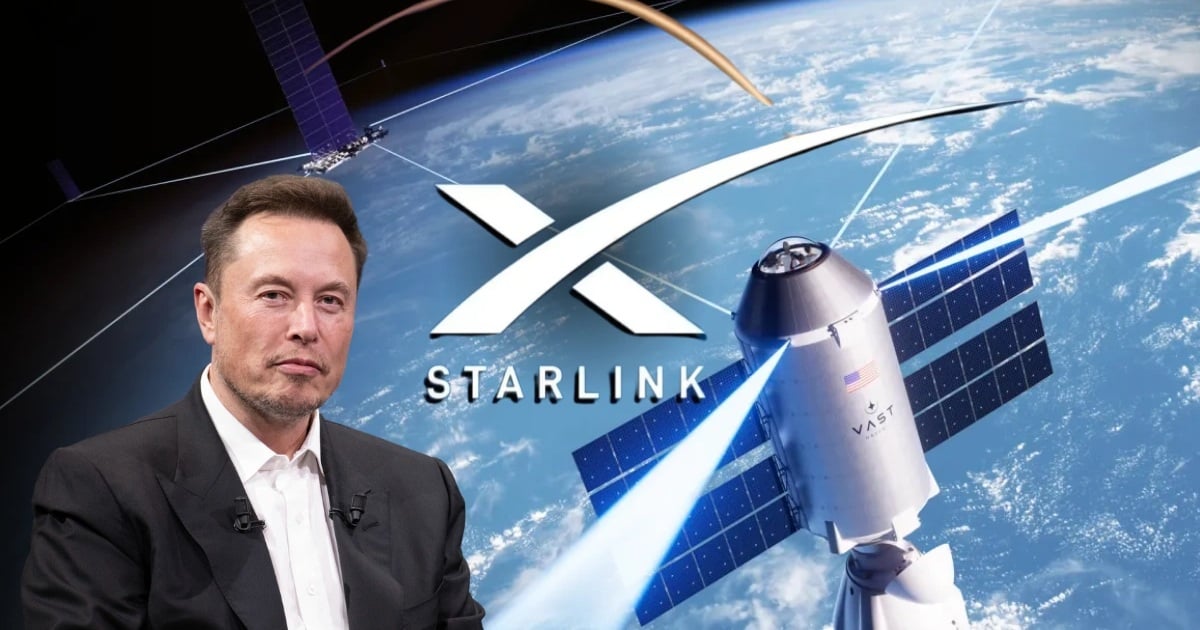
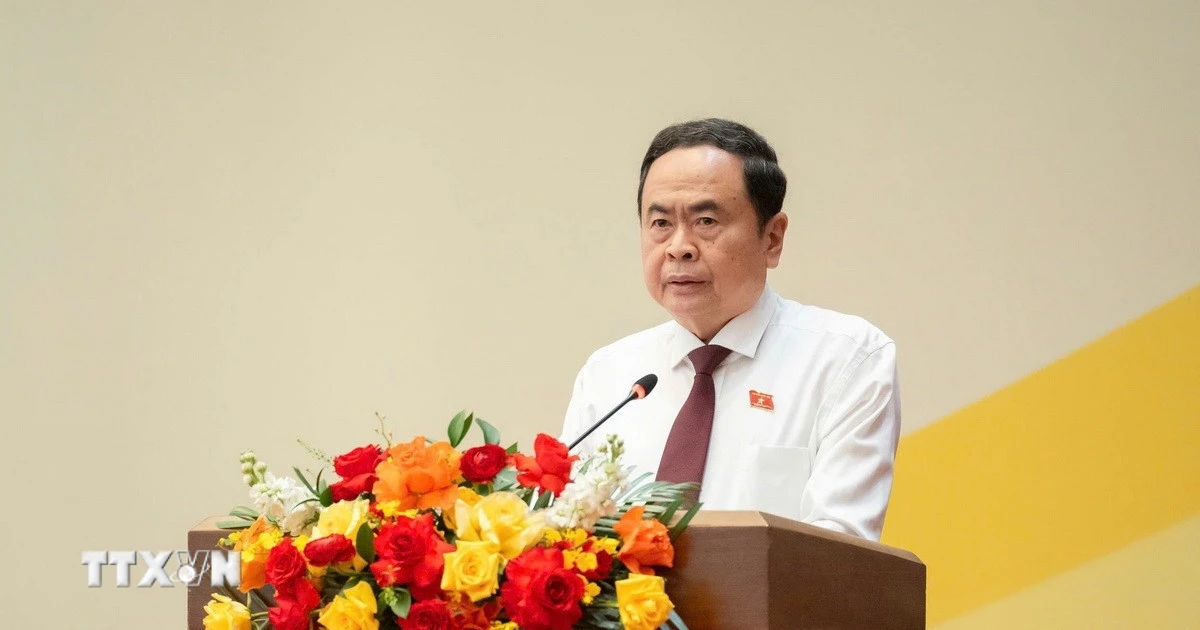
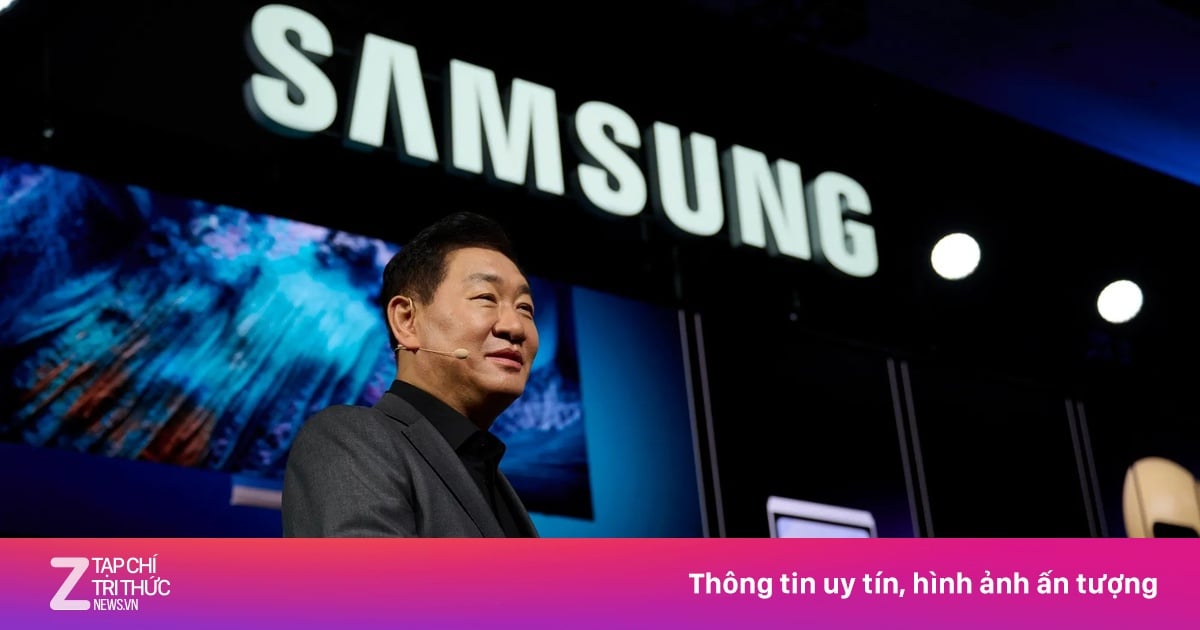




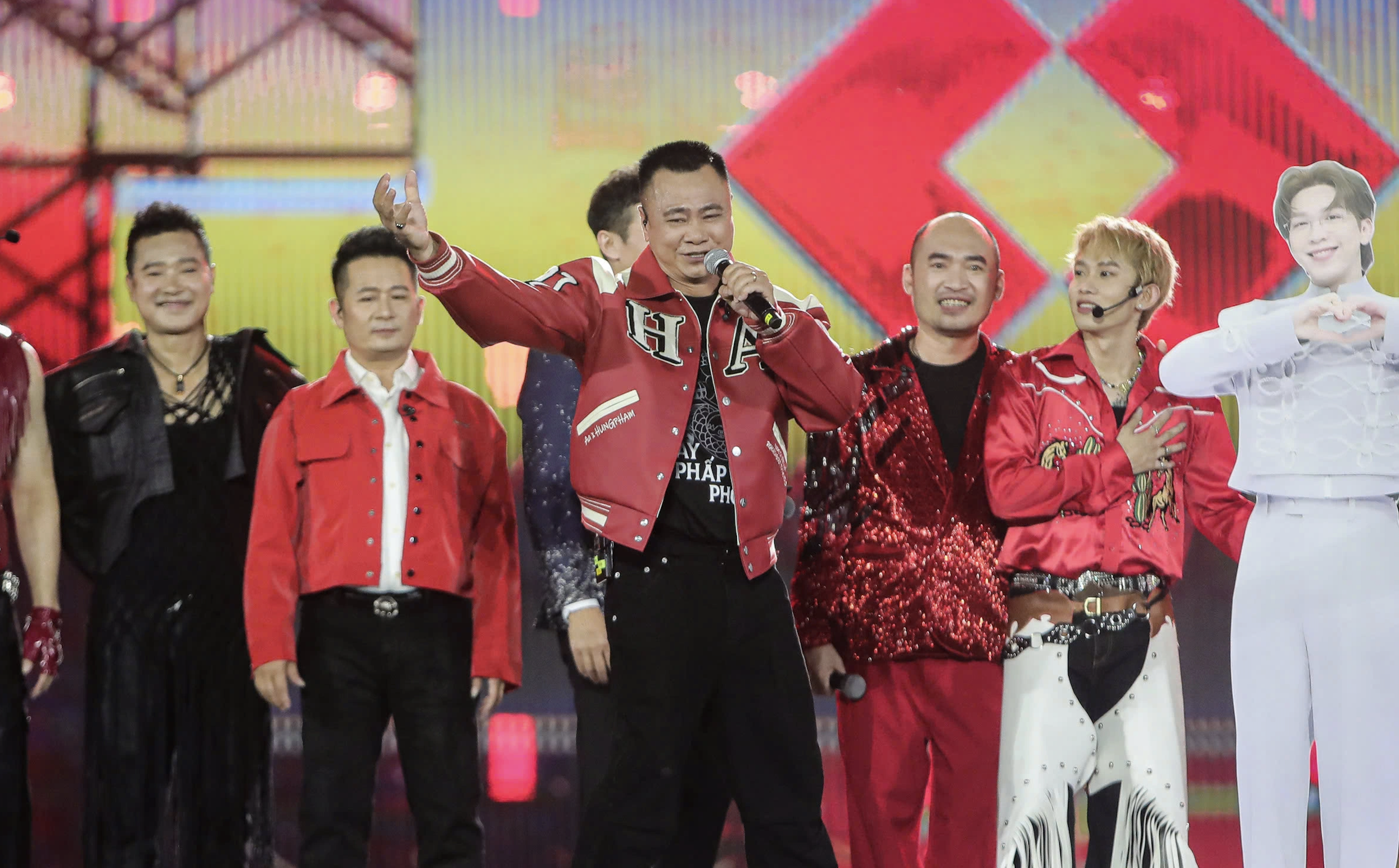

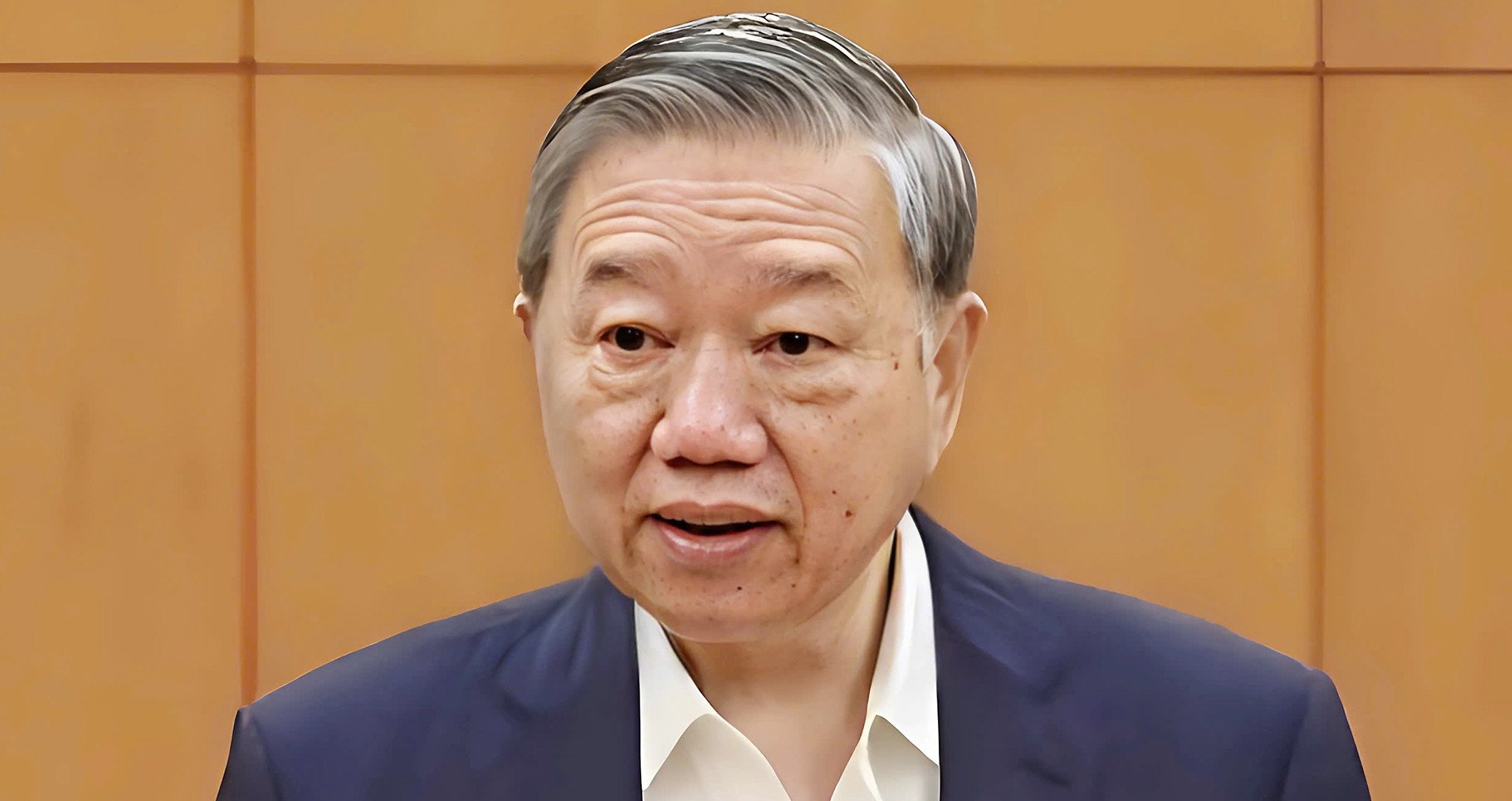
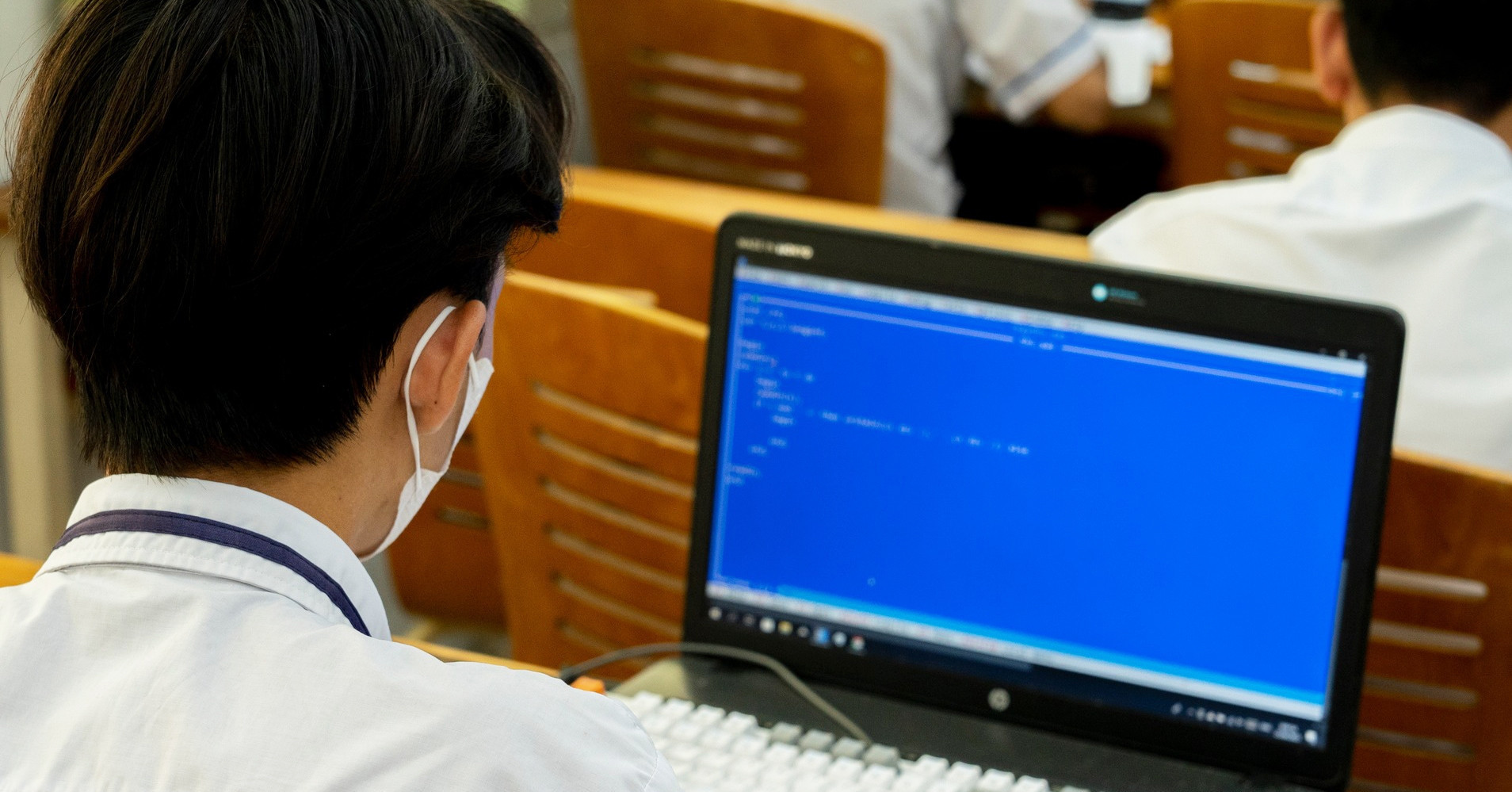








































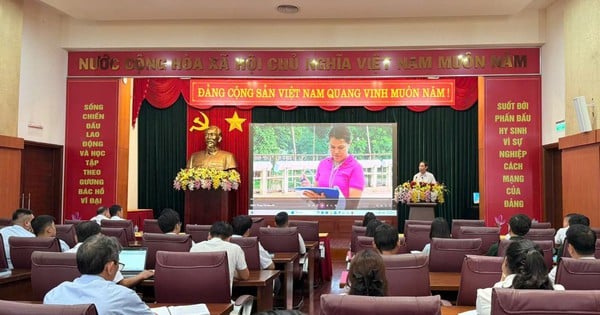






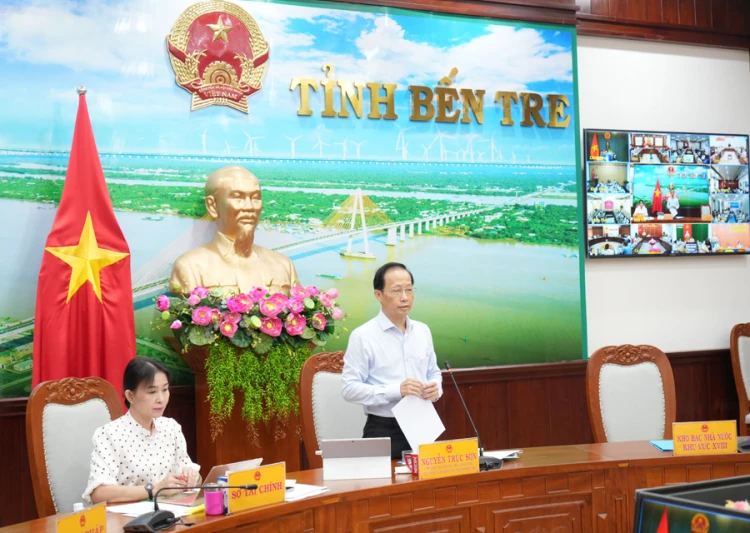
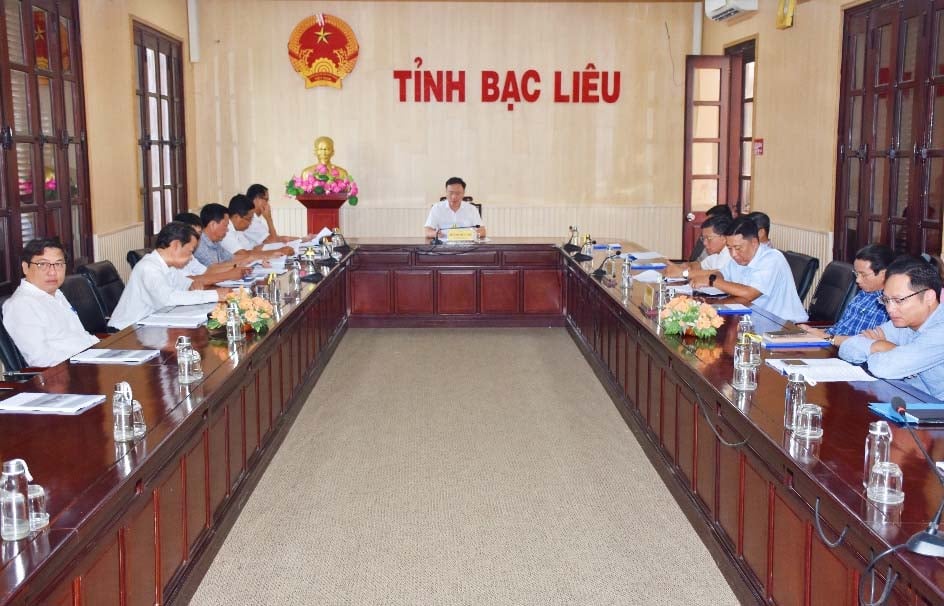

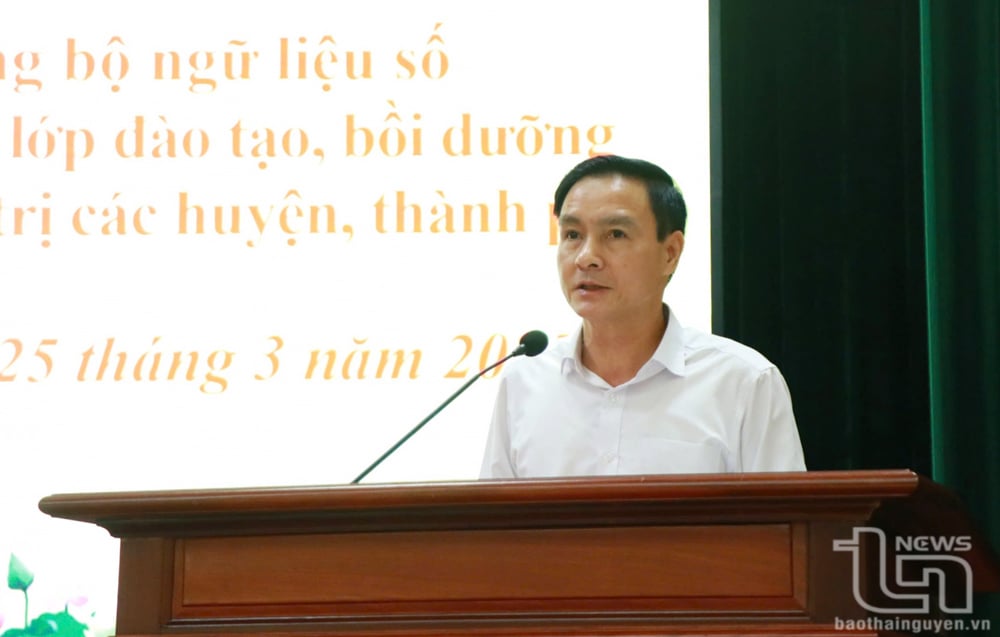
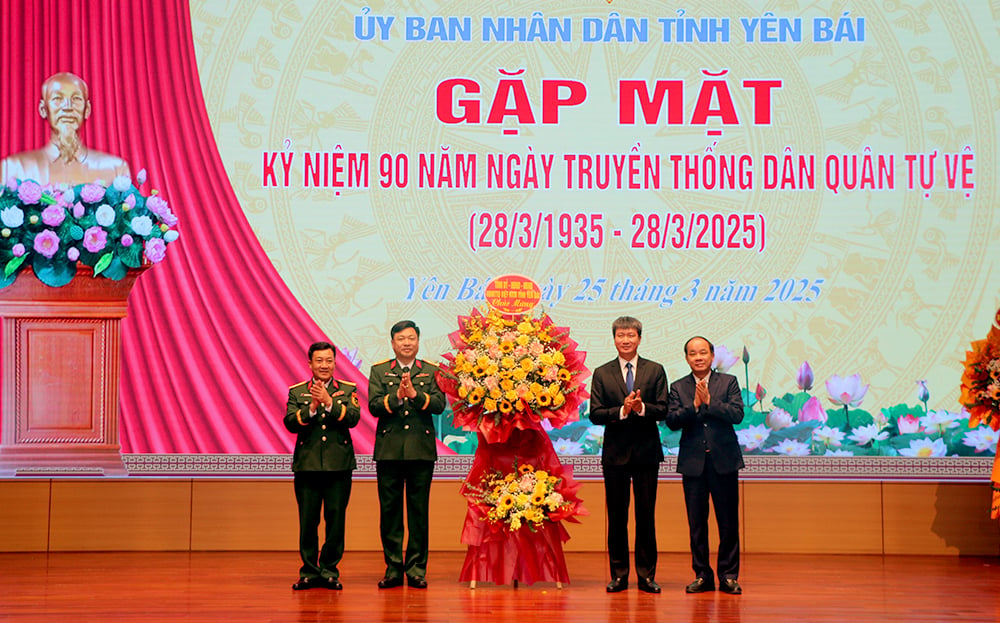








Comment (0)